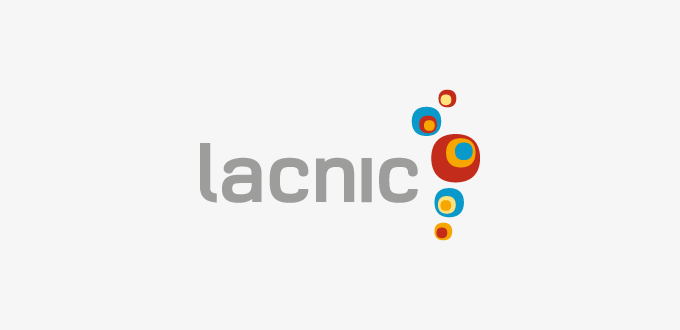Evolution of the Role of the LACNIC Board
19/08/2024

LACNIC has grown exponentially over the past twenty-plus years, and this growth has required the LACNIC Board of Directors to evolve. LACNIC went from 95 members in 2002 to more than 12,750 today, which means that various types of changes have had to be implemented within the organization, including its execution capacity and, consequently, the level of competencies required of the members of the board of directors.
In line with this, starting with the 2023 elections, the Board of Directors was expanded to include two additional members. Like last year, LACNIC’s candidate selection process will include an evaluation to ensure that applicants have the knowledge and skills the role demands.
This change was implemented because we identified that the directors’ competencies are very important to support our journey towards the construction of a better global Internet, along which we wish to continue to advance.
Even though our organization has a technical profile, the primary function of the LACNIC Board is not to manage or implement technical protocols but rather to manage, supervise, and administer the organization in operational, administrative, financial, and human resource matters in accordance with the guidelines of the member community and using the transparency and accountability mechanisms established in the Bylaws.
The Board articulates its work through committees, periodic face-to-face and virtual meetings, as well as the two annual events LACNIC organizes in the region. Among others, the Board’s responsibilities include supervising the financial statements, bylaws-related discussions, the review and definition of internal procedures, the ratification of policies developed by the community, and the organization of the internal operation of the board itself.
New Directors: A Focus on Competencies
Ten years ago, onboarding a new director only required introducing them to our functions and objectives, a process that took merely a couple of hours. Today, however, the level of maturity we have reached as an organization requires greater dedication and detail in the transmission of our processes.In this context, the onboarding of a new director began demanding a greater investment of both time and effort.
(Free access, no subscription required)
This soon created a challenge for LACNIC. It was no longer enough for aspiring directors to have participated in community events or been involved in the organization — a mechanism was needed to measure the necessary competencies.
In order to evaluate these competencies, LACNIC and the Catholic University of Uruguay have defined a basic list of topics and an objective evaluation mechanism.
Therefore, just as for the 2023 elections, candidates running in the board election process must make sure they have in-depth knowledge of the various topics as well as the required skills.